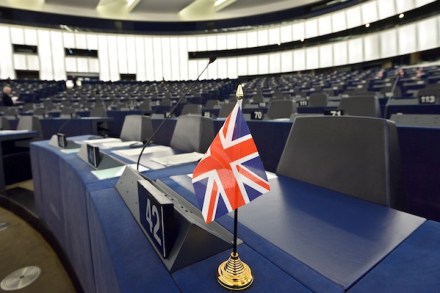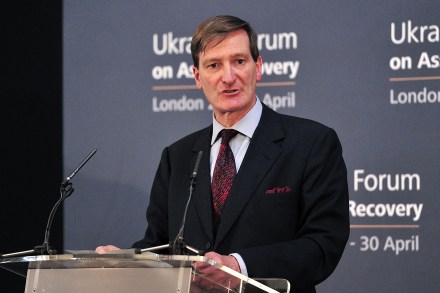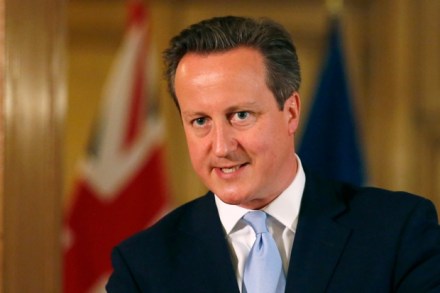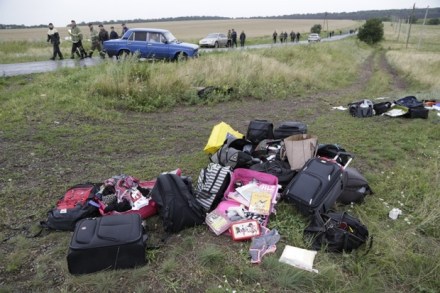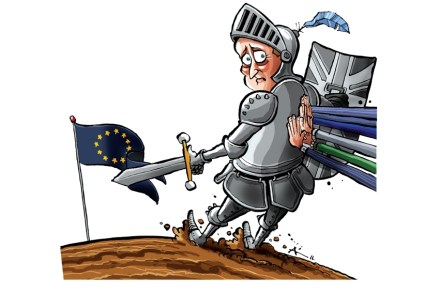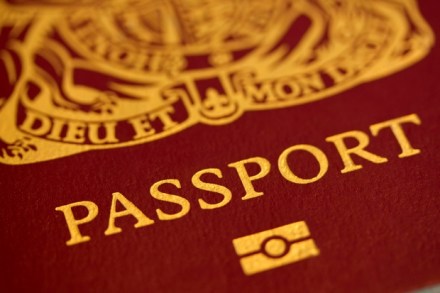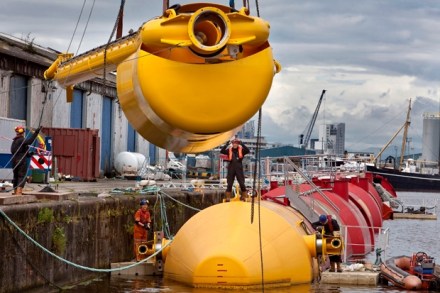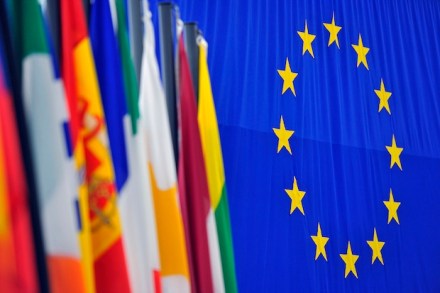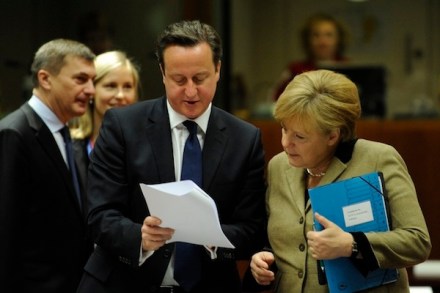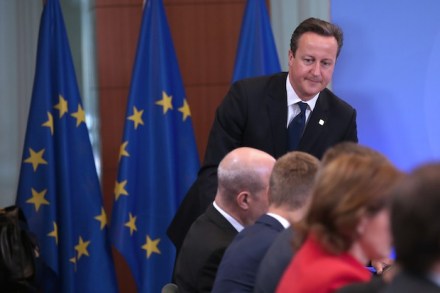The Italians are disgusted with our holidaymakers
As the holidays draw to a close, Italian newspapers have been reporting with perplexity and distaste on the outlandish behaviour of foreign tourists in Italy, by which they mean young people from northern European countries. One report told of a couple making love in broad daylight on a bridge over the Grand Canal in Venice, the Ponte degli Scalzi (which, as a commentator pointed out, means ‘Bridge of the Barefooted’, not ‘Bridge of the Bare-bottomed’). Other reports talked of people sunbathing naked in public places or picnicking in large groups under the colonnades in St Mark’s Square. Venice suffered most from these excesses, but nowhere was immune. Florence and Rome


